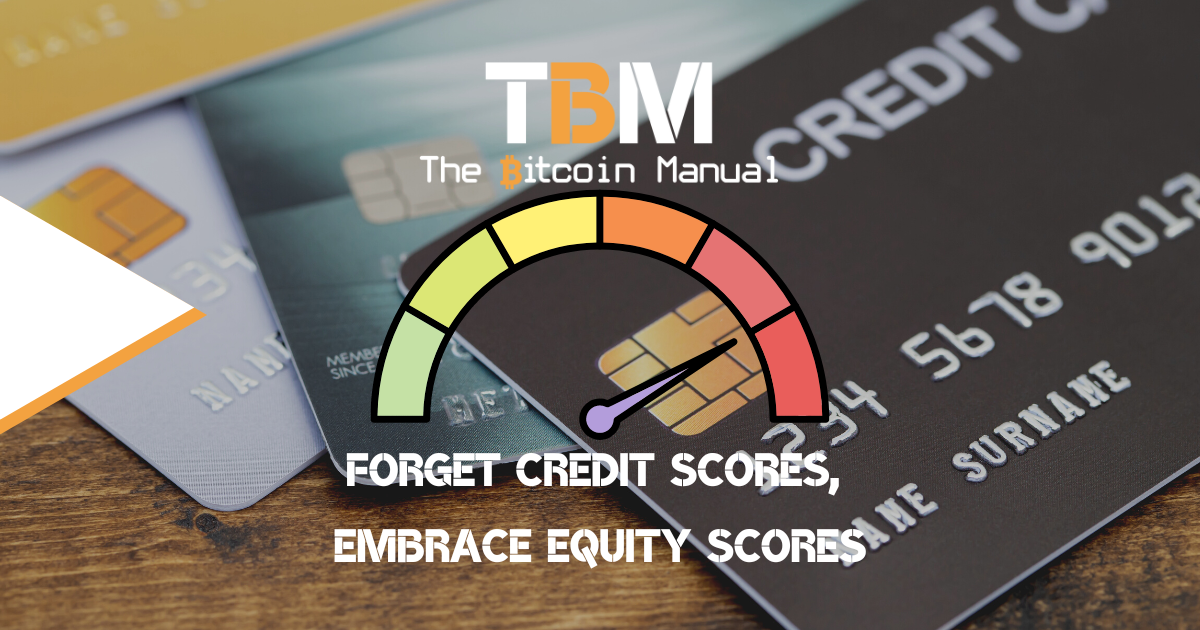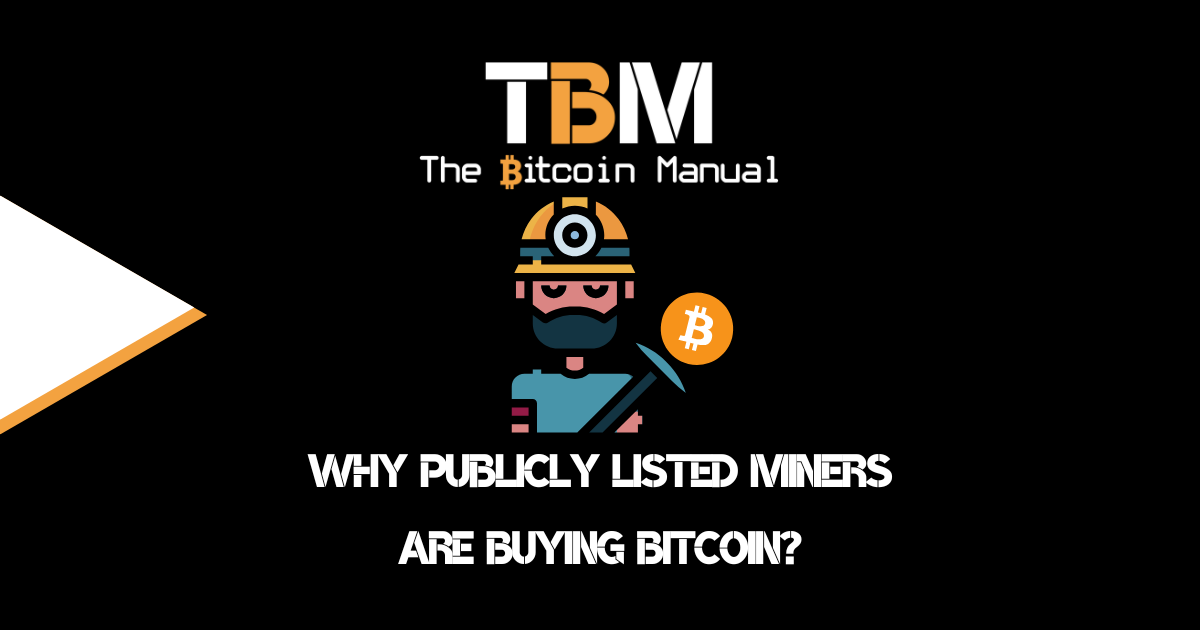Fiat isn’t going away anytime soon, and credit will be part of our lives if we choose to use it or not. Under the fiat system, expanding credit is fundamental to keep it going; it allows consumers and businesses to borrow money to generate economic transactions that hopefully increase productivity at a rate higher than that of credit expansion.
The idea behind credit is that if it can take place efficiently and the economy can grow. Credit allows companies access to tools they need to produce the items they want to buy without having to wait and therefore compresses demand and time. A business that couldn’t borrow might be unable to buy the machines and raw goods or pay the employees it needs to make products and profit.
While this is the basis used to justify ever-expanding credit, we know that it’s not the truth; if it was the world would not be sitting with the debts we have today as productivity gains would make credit irrelevant.
Credit might foster economic activity, but it also encourages needless consumption, making it possible for consumers to purchase things they don’t need. Many items, from cars to houses, take time to purchase with savings and are too expensive for most people to pay all at once. With credit, you can pay over time while accessing products and services by bringing forward future gains.
To access credit in the modern economy, you need to build up a record that credit providers can look to as an oversimplification of your ability to repay a debt; this metric is known as a credit score.
What is a credit score?
Under the fiat system, most people are forced to turn to access credit to finance their lives, acquire big-ticket items like a home or vehicle, fund their education or start a business. If you do not have assets to place as collateral, accessing credit becomes a lot more expensive. It requires you to jump through a few more hoops to convince credit providers of your reliability to service debt. Accessing credit becomes a reputational game, and many credit providers rely heavily on a track record known as a credit score.
A Credit score is an arbitrary number. It is not an endorsement of you; it doesn’t instruct credit and service providers to give you credit but rather a guide they use to gauge your risk. You don’t need to know what it is or even to worry about it if you don’t access credit, but if you are planning to secure finance, it becomes one metric you can attempt to alter in your favour.
The information in your credit report is used by most credit and service providers as an important contribution to the development of their credit risk score. This credit score is used in combination with your employment history, your income and affordability assessments, and the type of credit you want to access.
This is all dumped into a risk assessment algorithm that may affect the outcome of your credit application.
How a credit score affects your life
Credit is a confidence game; the credit provider does not know the future, they are weighing their exposure to risk, and a credit score helps them decide on their risk exposure. You could lose your job, your business could go bust, economic climates can change, and this can all affect a credit contract. Having a favourable credit score saves you money and gives you access to better rates on capital but allows you to access more credit.
This permission system of money clearly works better for some than others which has been part of the reason we see a growing wealth gap since others have preferential access to capital based on certain metrics.
A practical example of a credit score
Suppose you want to borrow $100,000 from a credit provider for a fixed-rate thirty-year mortgage. If your credit score is in the highest category, 760-850, a lender might charge you 3.307% interest for the loan.
This means a monthly payment of $440.
If, however, your credit score is in a lower range, 620-639, for example, lenders might charge you 4.869%, which would result in a $531 monthly payment. While it might not seem like that big a difference, but an extra $91 per month could have been used to purchase assets or used for savings.
In addition, credit scores require you to perform needless consumption of smaller purchases on credit to help you build up a credit history. While you may live within your means and not need credit for day-to-day purchases, improving your credit score encourages you to leverage credit.
As you build up a credit record, metrics like:
- Payment history
- Amounts owed or credit utilisation
- Length of credit history
- Type of credit
- New credit (inquiries)
Are reviewed and used to recalculate your credit score.
What is an equity score?
The bitcoin market is starting to mature, and we see more complex financial products built with bitcoin at the base layer. Instead of having to sell your bitcoin to realise the gains in purchasing power and take on tax obligations, you can now borrow against it as you would other investments like your home or stock portfolio.
In bitcoin, you have pristine collateral that is a bearer asset and proof that you hold immutable wealth. If you can secure an asset, it’s proof that you are someone who can be trusted with money and additionally, you’re putting up equity to access credit.
You can approach a lender where you control the terms; you no longer rely on others’ interpretations of metrics and how you can arbitrarily affect them, like in the example of a credit score. Rather you pick the terms based on what the market is willing to offer you. You can take out a bitcoin-backed loan, change your interest rates and the amount you borrow and keep changing the loan-to-value ratio dynamically as the situation changes and as it suits you.
Your equity and the amount of collateral you are willing to put down is the primary dictation of how much credit you can access, and the lender is assured as they know that if anything were to happen, they could liquidate your funds and sure up their position.
Bitcoin helps to de-risk the credit market and allows you to tap into the benefits of a devaluing fiat currency. Since you’re borrowing against it based on a fiat value, the longer you can keep that line of credit open and roll it over, the less your repayment burden becomes, as the fiat value you need to return is diluted due to inflation.
As long as you can continue to provide value in the market and generate free cash flows that can service that debt, your bitcoin will not be at risk.
Take advantage of fiats faults
As a bitcoiner, you no longer need to abide by credit score metrics to access capital; all you need to do is focus on building up your stack of satoshis. As you build up a handsome kitty of bitcoin, you can choose to tap into some of it in a more tax-efficient way and leverage the ever-expanding credit markets without having to dilute your bitcoin position.
Credit can be a dirty word to bitcoiners, and sure, fiat is dying, but that doesn’t mean you shouldn’t take advantage of the opportunities it can present to help you improve your life and the lives of your family.
Have you used bitcoin as backing?
Have you leveraged your bitcoin to take out a loan? What did you use it for? How did you decide on your loan-to-value ratio and repayment rates? How did it work out for you?
Let us know in the comments down below.




